You cannot expect to make it to the professional soccer level without making a few bad passes, kicking the ball out of bounds a couple of times, or accidentally scoring against your own team at least once.
Often, the prospect of having to go through the ‘novice soccer player’ stage can be the most daunting in a player’s career, and there are lots of things that can go wrong.
With many things happening simultaneously in soccer, things can get confusing – so we’ve narrowed down the worst mistakes a novice can make to help you try to avoid them.
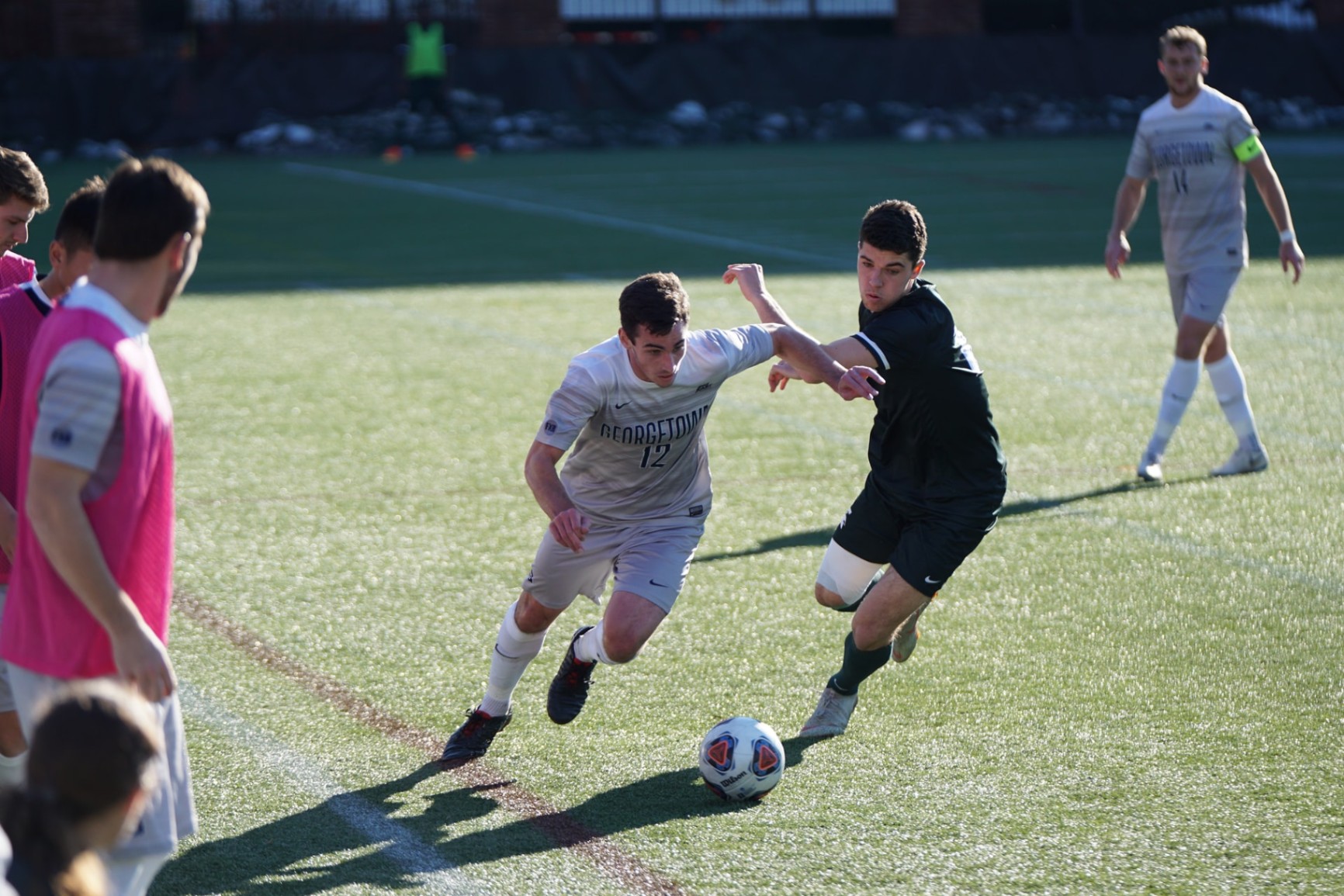
Getting Frustrated
Unfortunately, soccer is probably the sport that is most associated with public displays of anger and frustration. Whether it be in the form of rival fans battling it out off-field or the players themselves raising their hands in objection to the ref, tensions are often very high!
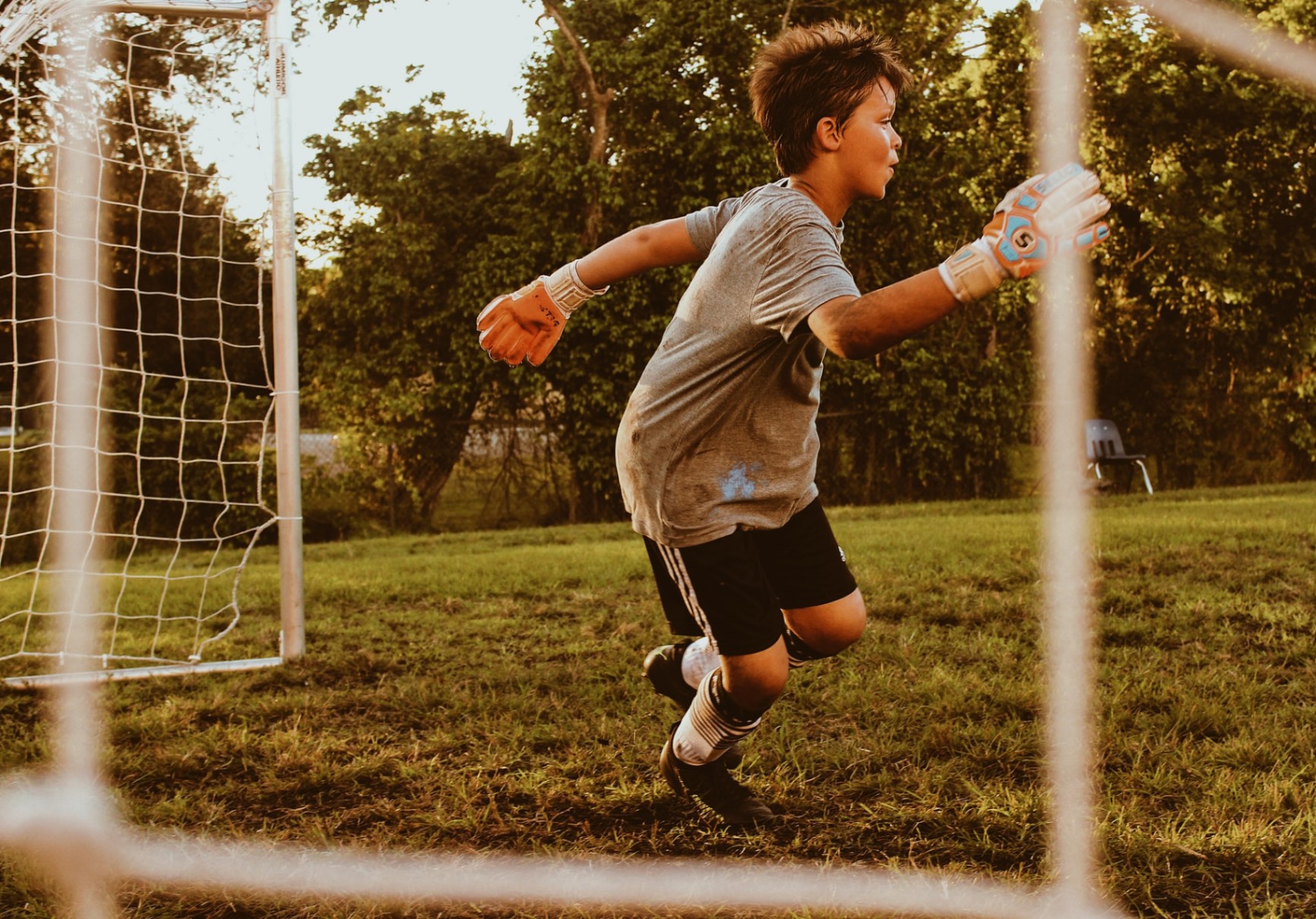
Like most situations when you are angry, displaying your discontentment on the field will most likely work against you and could result in a yellow card or even a red card, subjecting you to dismissal from the game.
Why risk it? There are better uses for your pent-up energy, like channeling that energy into scoring a goal.
Cool, Calm, and Collected
Keep your focus on the game and not on what is grinding your gears. The only way you can better yourself is by proving yourself in the game. Kick harder, play harder, and run faster. Turn frustration into energy and fulfill your role on the field!
Teamwork
Lionel Messi didn’t bag the #1 spot by hogging the ball and ignoring his teammates. He got there by respecting his teammates and understanding that each of the 11 players on the team has a role that must be played to produce goals and wins.
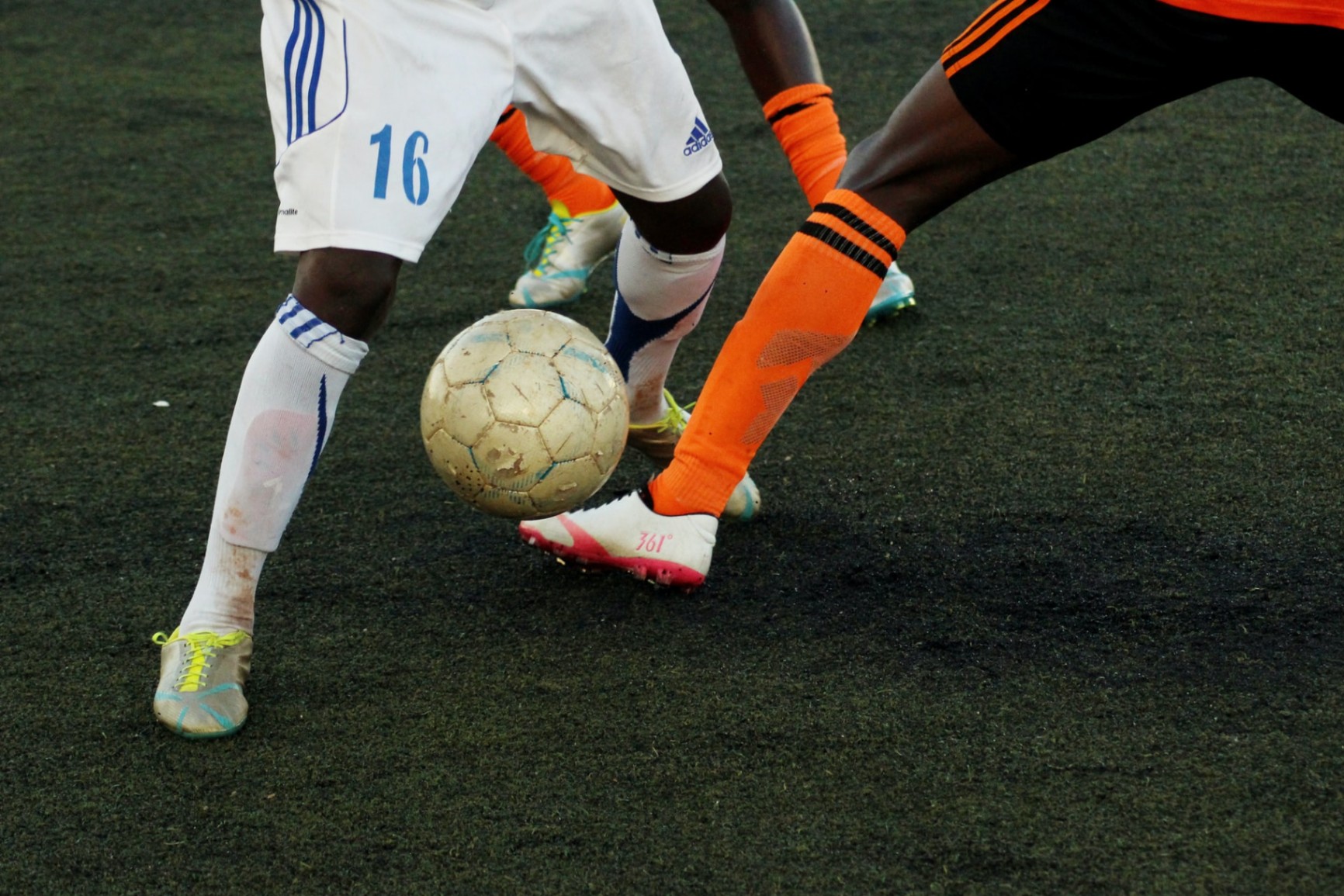
Keeping the ball to yourself isn’t the only issue here. You could also make the mistake of doing your teammate’s job for them, accidentally challenging a player that your teammate already had marked, or expecting a role to be filled by a player who is simply incapable of doing so.
Understand Your Teammates
The only means of circumventing these issues is to understand game positions and tactics. This is not just where you fit into that equation but also where your teammates fit.
The striker would get nowhere without the goalkeeper, the defender, or the midfielders, so don’t think you’re the star!
Communication Breakdown with Your Teammates
You have to communicate with your teammates, whether verbally or through hand gestures, as a means of getting the formation to move forward and to score goals. Think about how long a soccer pitch is and how far away your teammates can be.
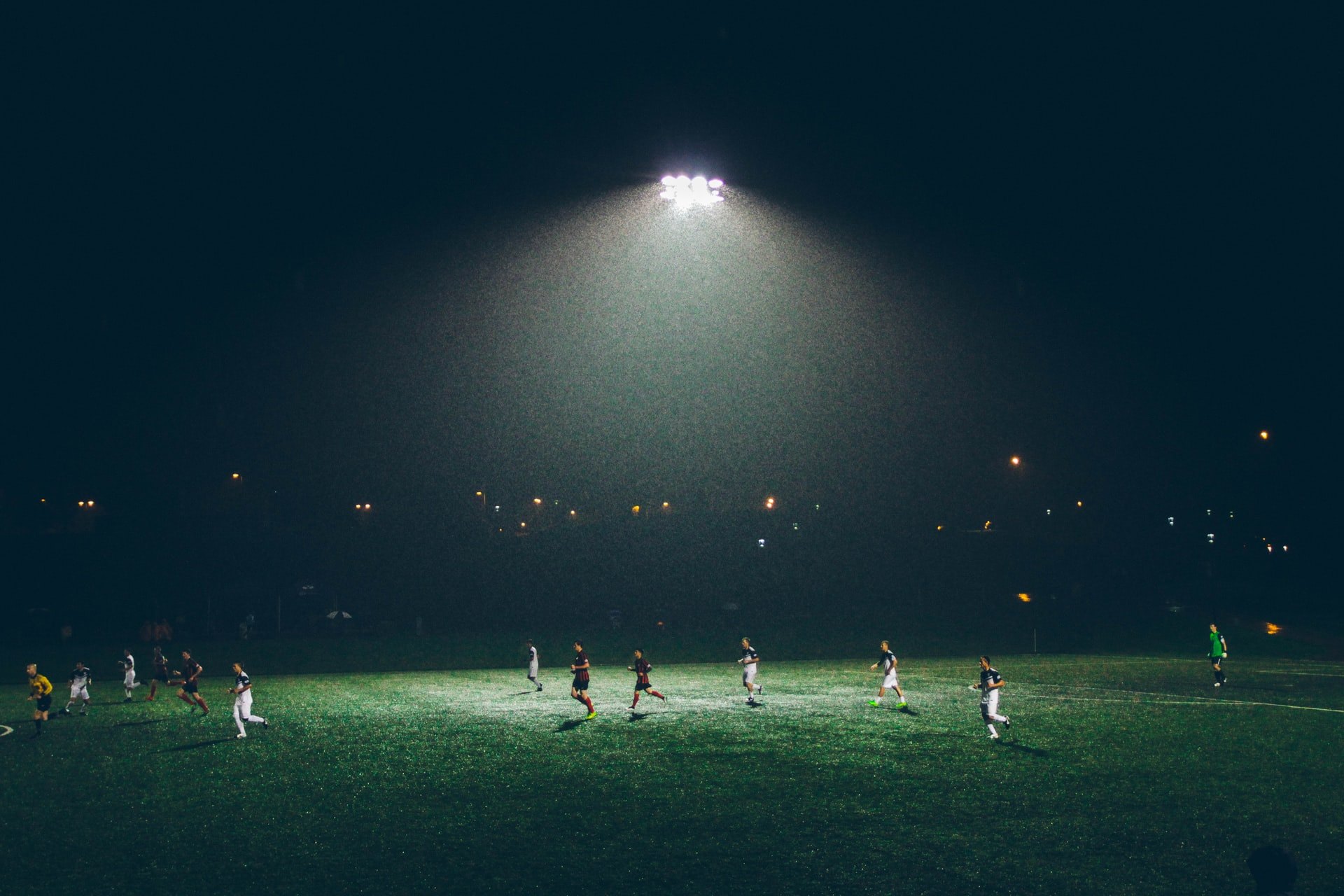
A player at the far end of the pitch may be blind to the activities of his teammates downfield, particularly when there are many different players obscuring their view. Passing a ball without shouting a teammate’s name could prove disastrous in the outcome.
Shout!
Soccer shouldn’t be played blindly, and your teammates should know exactly what you’re planning when you kick the ball.
Communication shouldn’t be limited to that, though. You should also keep an eye on your teammates and shout if they are about to be tackled or are running out of time.
Lack of Training
Soccer is not a sport that you can just walk on to the pitch one day and master. Most of the groundwork needs to be done in training so that novices can master all there is to know about formations, tactics, and skills. Training several times per week is crucial.
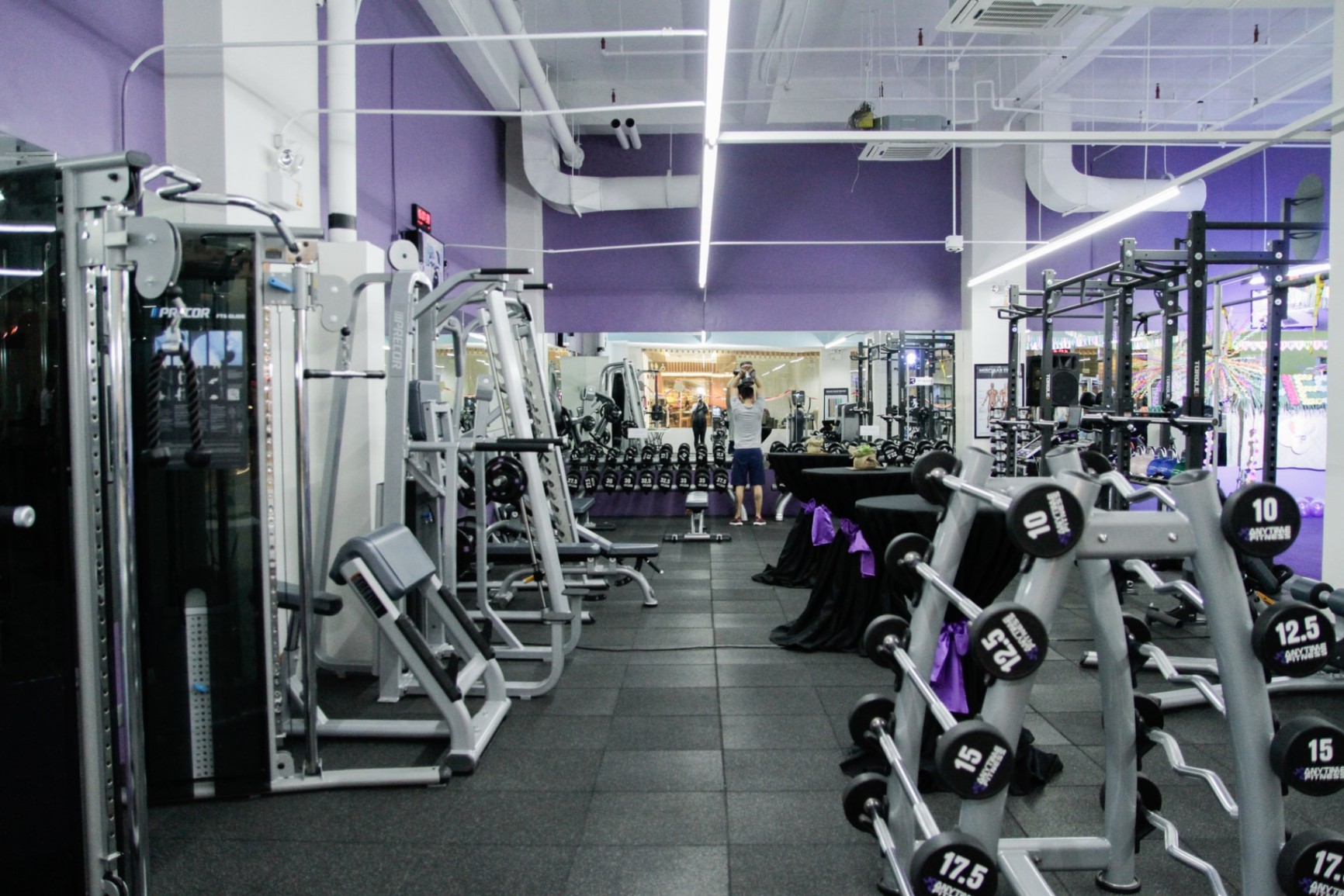
If a player refuses to train, they lose most of their ability to perform well during soccer matches. Soccer can be an incredibly strenuous workout for your legs, as not only do you have to run, but you must have the strength to kick the ball far.
How to Train
Aside from regular practice matches and smaller, broken-down, skill practice sessions, it’s also very important for the soccer player to hit the gym weekly.
All exercise is good, but you should definitely focus on squats, step-ups, band walks, and burpee pull-ups – many of which can be done at home.
Lack of Tactical Awareness
In comparison to other sports, the rules of soccer are easy to pick up and understand – the ball needs to go in the opposite team’s goal to win. This makes for easy entertainment, but what people don’t realize is the complexity of tactics and strategy at play.
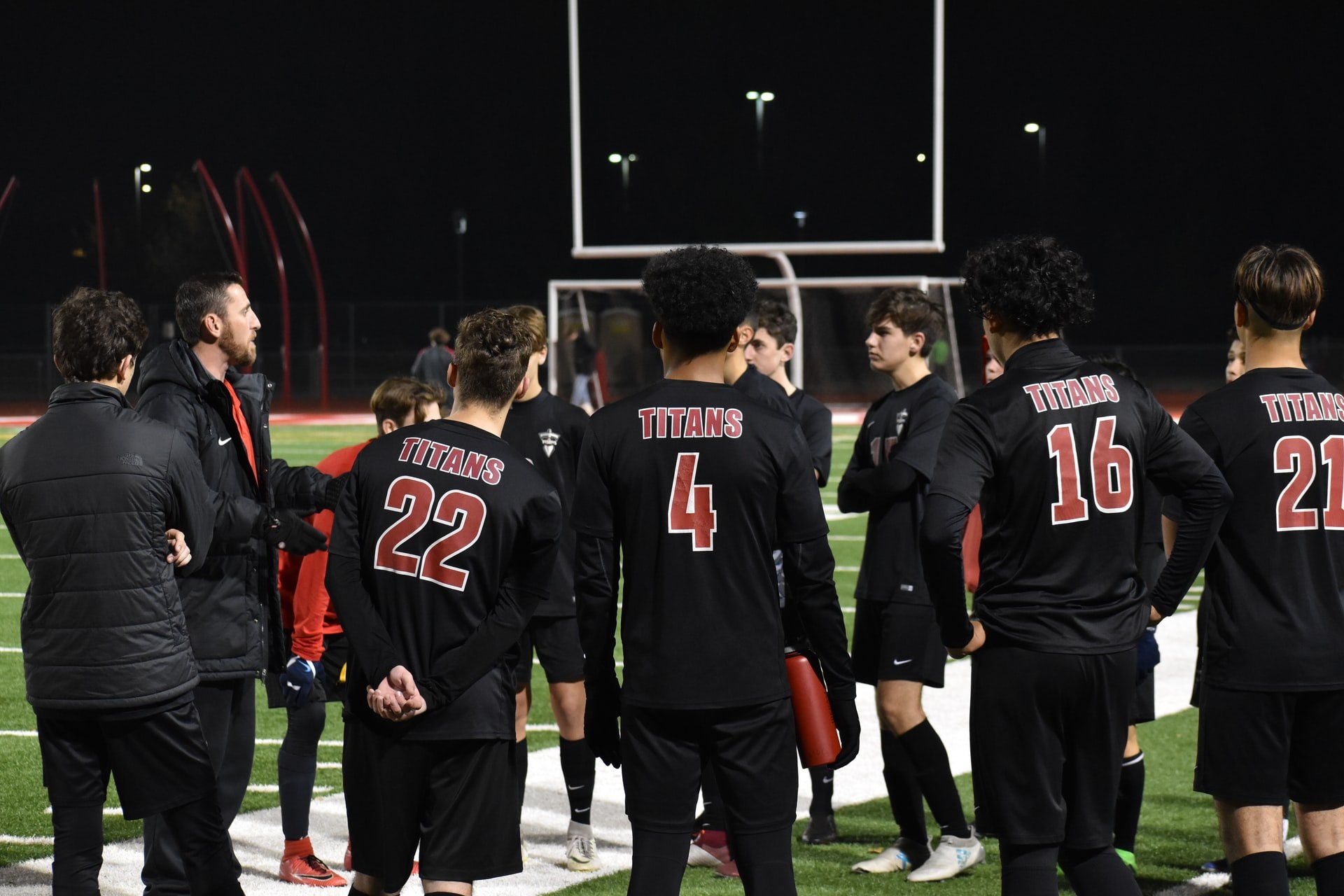
The basic mistakes that players make at the novice level include letting formations slip, failing to deflect balls that enter the box, not shielding the ball using their body.
Sometimes, they even forget their positioning and head up pitch instead of defending. These are all easy to forget for beginners.
How to Gain Better Tactical Awareness
These are just the many rudimentary rules of soccer that a player needs to drill into their heads. Of course, there are far more complex rules at the professional levels, but these tactics are essential in learning to provide structure to your on-pitch skillset.
Poor Dietary Preparation
When little was known about nutrition and soccer was in its infancy, it is possible that players didn’t consider what they were putting into their bodies and considered training to be their only source of preparation. Things have changed, and preparation is now just as important as training.

Like all athletes, soccer players need to sustain a good diet to reduce the risk of getting fatigued in training – or worse, in the middle of a match.
A healthy diet won’t make you an expert soccer player, but it will keep your energy consistent throughout the 90 minutes.
What to Eat?
The soccer player’s diet should include a lot of carbs, vitamins, fiber, and minerals. To achieve this, they should pack a lot of fruits and vegetables, pasta, whole-grain bread, potatoes, and rice into their daily intake to strike the perfect balance and ensure optimum performance. Also, refrain from junk food.
Lack of Space
This comes down to poor knowledge of formations and tactics. Spatial awareness is very important for two reasons. Firstly, you narrow the time you must think about what to do with the ball. Secondly, you may blindly run into and get tackled by a player from the other team.
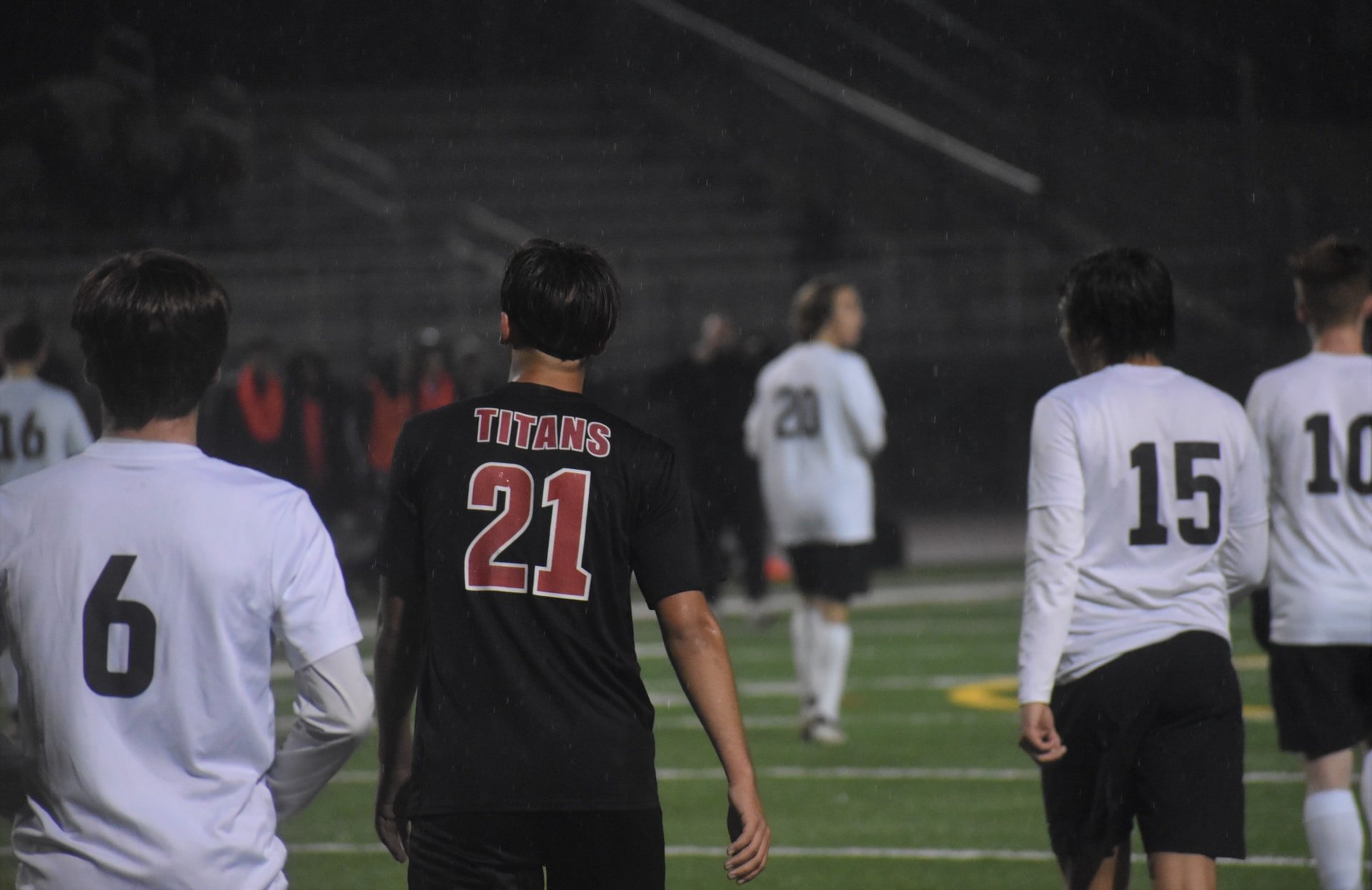
Lack of spatial awareness can also lead you to lose sight of your teammates and even cause you to absentmindedly run offside, ruining your team’s chances at scoring goals.
This awareness can be extremely difficult to have during a match, especially during a tense finale, but it is imperative.
How to Become Spatially Aware
Above all else, keep your head up! The only way to find out what’s going on around you is by looking. This may take a bit of practice to get used to, especially in terms of keeping the ball moving skillfully with your feet while your eyes are focused elsewhere.
Not Following Through
It’s great if you can block a goal or win a challenge, but what’s the point if you don’t follow through and score? Soccer is a relentless game. You need to remain committed throughout the game and show no sign of giving up or not following through.
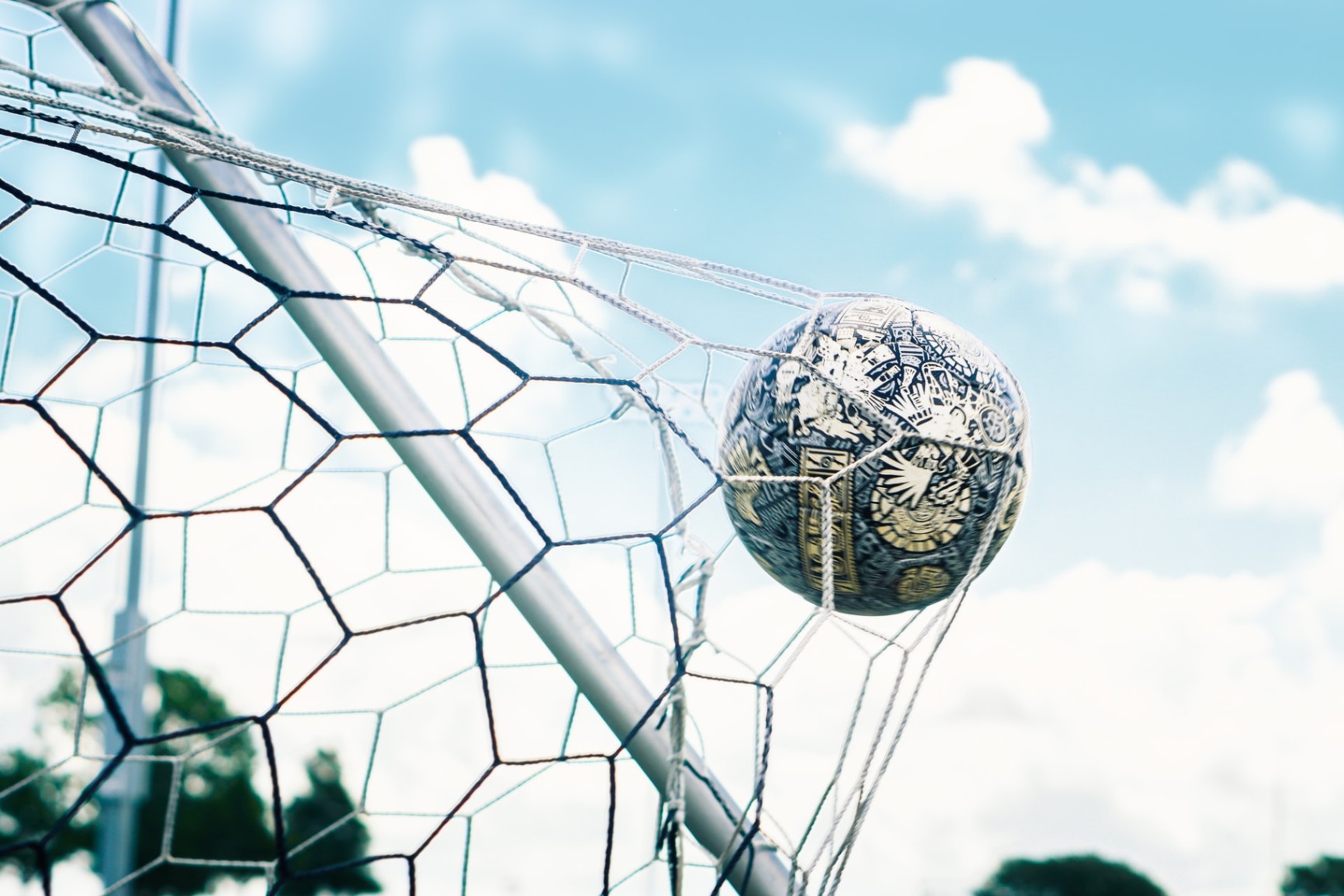
You need to think of soccer as a succession of movements as opposed to one single tackle or kick. Although a tackle may prove particularly draining, you cannot lose energy or focus afterward, and you should be thinking of what to do with the ball next.
Think Ahead
Don’t gloat on a particularly satisfying tackle you just achieved – there is no time to celebrate in soccer until the ball has safely reached the goal.
You’ve got to follow through, keep dribbling, and persevere until you’re comfortable enough to shoot or pass to a teammate.
Lack of Confidence
Confidence is reflected in good soccer performance and vice versa. Of course, performance comes through lots of practice, but it’s also important for novices to manifest their confidence while on the pitch. If you’re standing there, unsure of where to kick, you’re going to be targeted, challenged, and tackled.
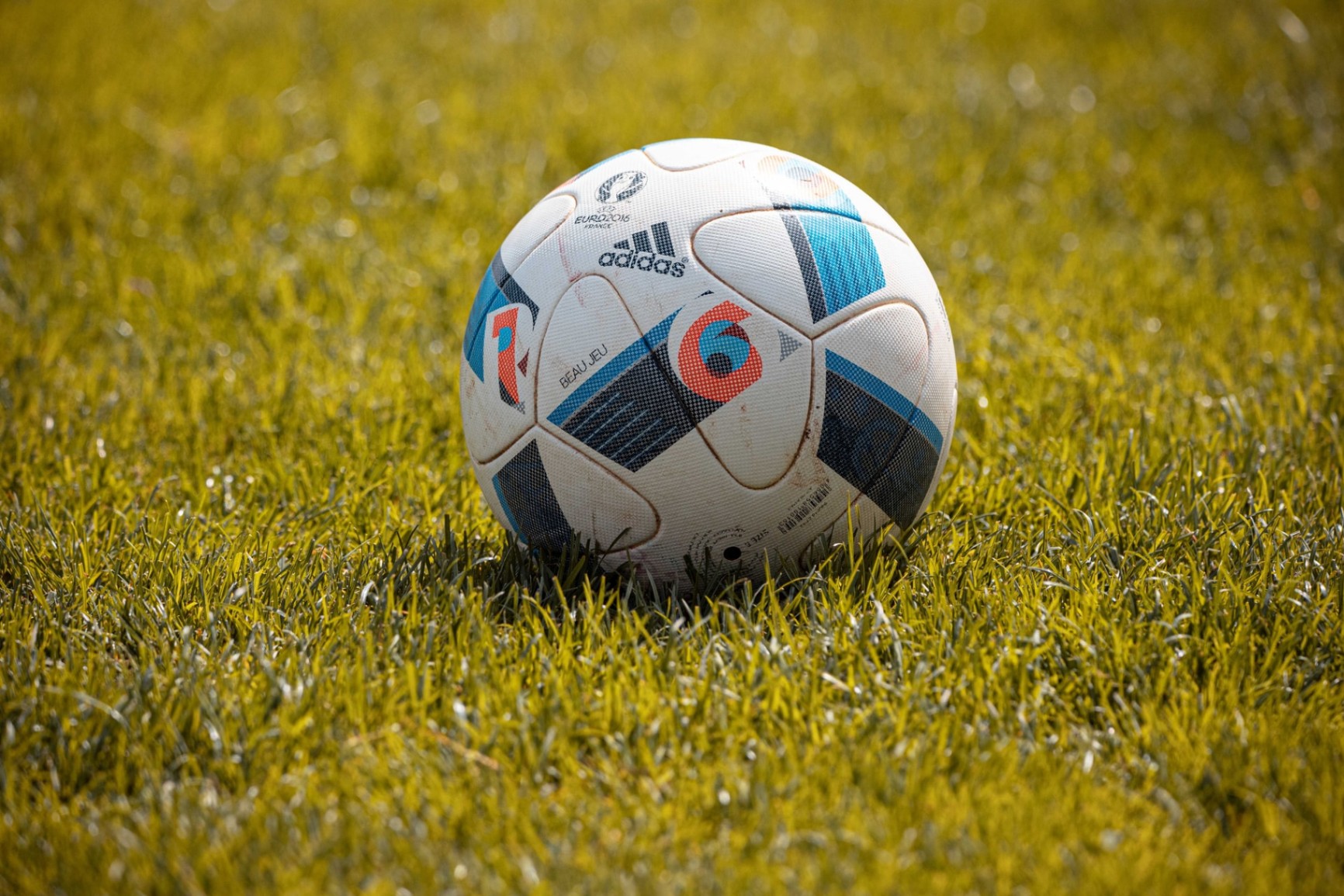
If you exude confidence, the opposite team is almost going to be overwhelmed with how you look in motion with the ball and may feel slightly intimidated when you are approaching.
If you panic when you’ve got the ball, it’s only going to increase the opposite team’s confidence.
How to Gain Confidence
Train! Familiarize yourself with all the rules. Don’t just play soccer; watch it obsessively.
Try to pick up and potentially even mirror the nuances between different playing styles and try to implement a few different ones into your playing so that you can become your own unique, confident player.
Lack of Skill
The main reason behind poor soccer performance is a lack of skill. This is typical with all novice-level soccer players. Skill takes time to refine, and it cannot be picked up overnight. You can pick up most skills in training, but many only become apparent in the heat of the game.
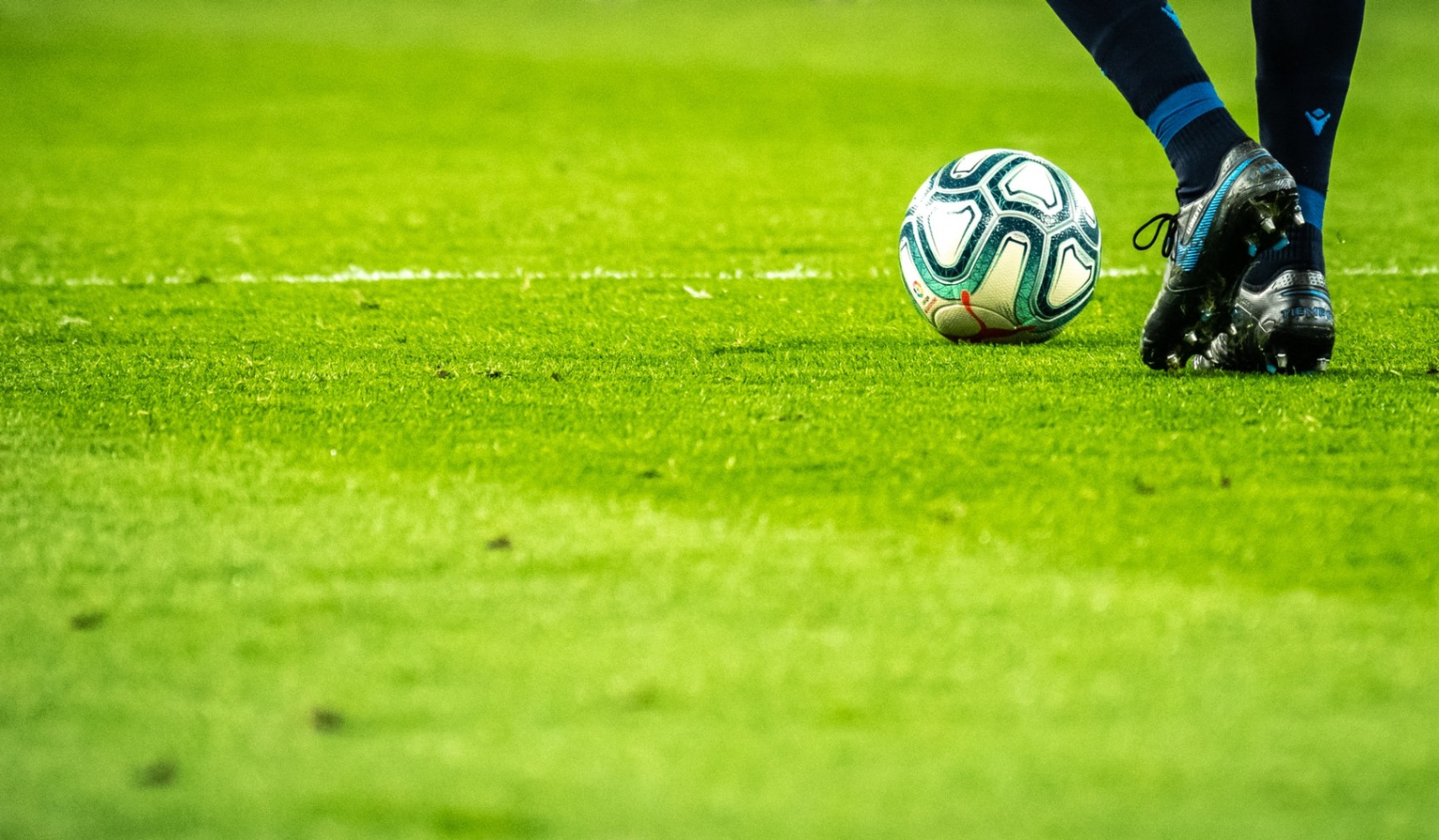
Although some skills require a certain degree of soccer experience, some are essential to familiarize yourself with before ever starting a match. These include lack of momentum in kicking the ball, lack of weight judgment of the ball itself, and misjudging the travel time of the ball.
How to Pick Up the Basics
Don’t get lost in the match. The only way to atone for errors of judgment is by staying focused. Keep in mind all the times you misjudged a kick, ask yourself why it happened, and remember the force you used so that you’re able to kick harder or softer next time.
Summary
If you’re at the novice level, the only way you can master the beautiful game of soccer is through practice, persistence, and patience!
Don’t get downhearted by a few errors of judgment; just be sure that you learn from them.







